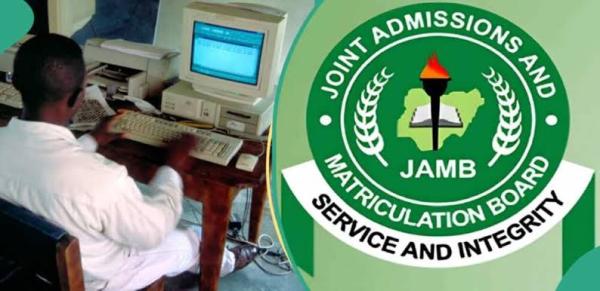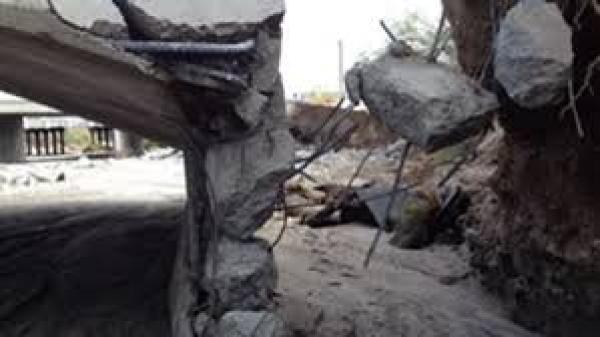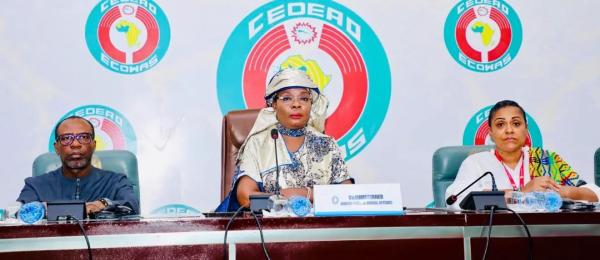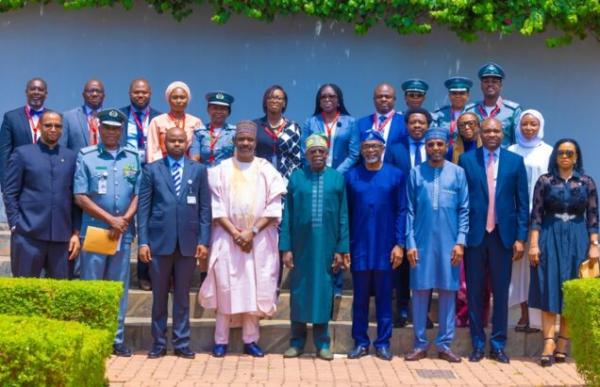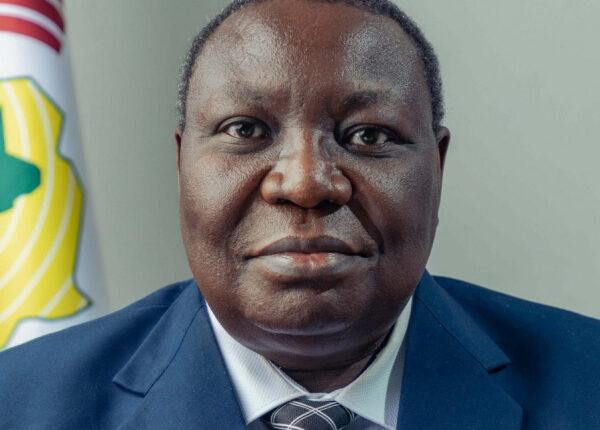
The Economic Community of West African States (ECOWAS) is on the brink of launching a dedicated fund for the energy and transport sectors by the end of 2024.
The initiative is aimed at bridging a financing gap exceeding $12 billion annually in infrastructure within the integration space. Regional authorities plan to use this fund, housed at the ECOWAS Bank for Investment and Development (EBID), as a financial lever to fill the infrastructure deficit in the energy and transport sectors.
On April 4, Sédiko Douka, the ECOWAS Commissioner in charge of Infrastructure, Energy, Mines, Water, Digitalization, and Postal services, announced at the opening of the first ECOWAS Investment Forum (EIF) the intention to effectively launch the ECOWAS Development and Financing Fund for Transport and Energy Sectors (FODETE) by year-end. The initiative, approved in Abuja, Nigeria, on June 22, 2009, has experienced significant delays but gained momentum amid regional tensions between 2020 and 2022.
According to Douka, the fund, backed by ECOWAS Heads of State and Government, will be financed by a levy on products exported by member countries. Targeted products include agricultural, mining, oil, and gas exports, as discoveries of significant reserves have multiplied in recent years.
“We have conducted thorough simulations based on data from these products, and the results show the capacity to mobilize up to $450 million annually,” Douka stated, speaking on behalf of the President of the ECOWAS Commission.
The fund is dedicated to improving and developing critical infrastructure in the transport and energy sectors, crucial for economic growth and regional integration. Its management will be entrusted to the EBID to ensure efficient and transparent administration.
The Lome-based bank, ECOWAS’s financial arm with commitments reaching $4 billion this year, allocates 50% of its financing to integration infrastructure projects, particularly in energy and transport.
However, it remains unclear if a regional consensus has been reached among countries, especially in times of regional tensions, with some members recently excluded from decision-making and reflection bodies. The levy rate has not been disclosed.
“The fund’s creation is scheduled for the end of this year, although the process is still underway,” noted the Nigerien official, whose country has announced its departure from the integration body.
With the establishment of this financing entity, regional authorities not only aim to improve connectivity and access to reliable and affordable energy for the region’s populations but also to attract additional investments into these vital sectors. Facing unprecedented financing deficits and growing regional needs, this initiative seeks to address an annual investment shortfall estimated at $12 billion, essential for the economic development of the 15 member countries amid increasing demands.













